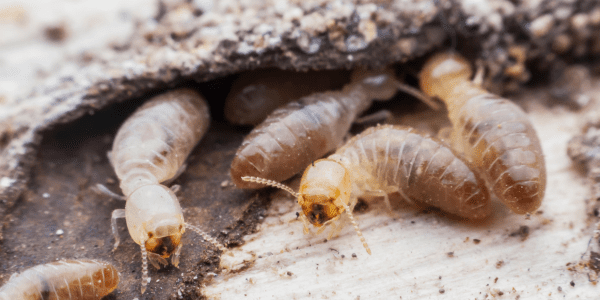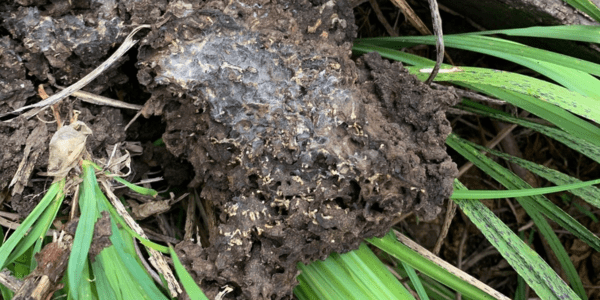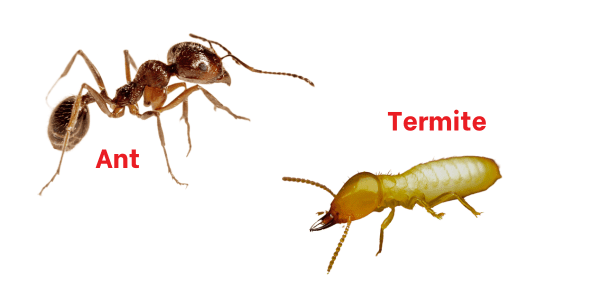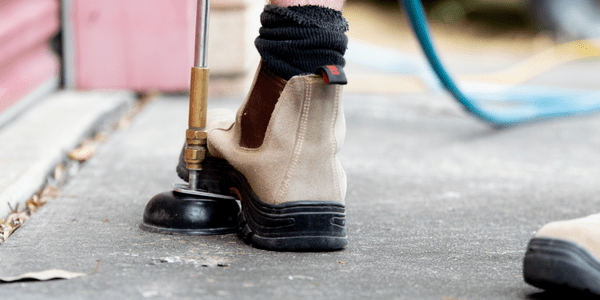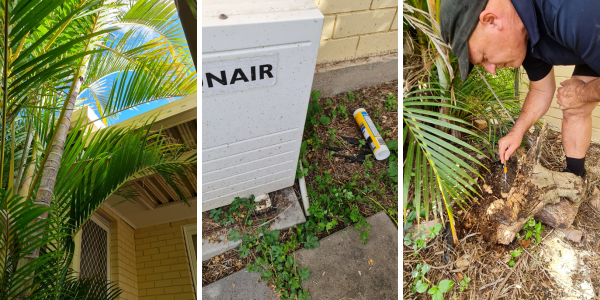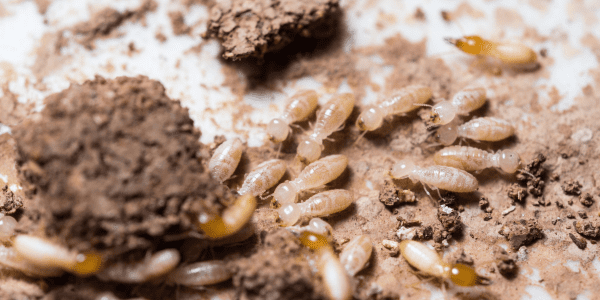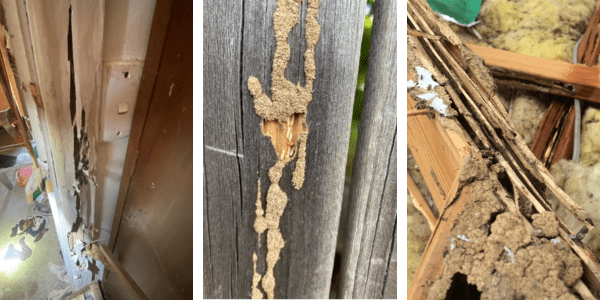Treatment For Termites
Treatment options for termites
Termites cause significant damage to Queensland homes every year. In fact, termites cause more damage to Australian homes than floods, fires and storms combined! Making matters worse, house insurance doesn't typically cover termite damage.
That’s why it’s vitally important to have your home checked annually for termites and to know the treatment options available to you.
Understanding termites
Termites are fascinating creatures that play an important role in our ecosystem. Classed as decomposers, they eat wood and break down dead plant material to recycle into nutrients in the environment.
Termites are highly effective in this role as they live in large colonies that contain thousands or even millions of individual termites. Damp or rotten timber is highly attractive to termites as it's easier for them to digest. They also love warm, humid climates.
Termites become a problem when they encounter the human world. As they can cause significant damage to wooden structures, homes and other materials in our environments.
Termites are just as likely to eat someone’s home as they are to eat timber within the natural environment. This is because they cannot differentiate between a tree and timber used within a building. If the conditions are right, they will invade a home.
How to spot termites
Termites are highly elusive creatures and are generally found hiding behind walls, within timber or underground. For this reason, it’s always best to hire an experienced and qualified pest inspector to check for termites in your home. They know what signs and evidence to look for that could indicate termite activity and damage.
However, there are a few signs that you can look for yourself including termite mudding, sagging paint, ‘clicking’ noises in the walls and crumbling or damaged wood.
Termites are often mistaken as white ants as they can be similar in appearance. However, they are very different creatures. You can spot the difference as termites are lighter in colour and thicker around the middle.
Treatment for termites
The treatment for termites is dependent on the severity of the termite infestation and the likelihood of future infestations. However, generally, the following options are available:
1. Spot treatment
This is a chemical treatment that eliminates any live termites found in the property. It is a slow-acting chemical that the treated termites will carry back to their nest, ensuring that the whole colony is wiped out.
2. Chemical termite barrier
A slow-acting chemical is installed around the perimeter of your home. When subterranean termites encounter the barrier, they carry this chemical back to the nest – eliminating the whole colony. Lasting up to 8 years, it is a great way to protect your home against termites. However, it’s important to remember it is not completely foolproof. Annual inspections are still required to ensure the barrier has not been compromised.
3. Bait stations
Baits filled with treated timber are installed in the ground at certain intervals around the property. The idea here is that termites will encounter the baits as they are foraging for new food sources. Similar to the above, the termites carry the poison from the treated timber back to the colony nest. This technique is helpful when a house is situated in such a way that a chemical barrier cannot be installed. Whilst not as effective as a chemical barrier, it can help to prevent termites and requires regular monitoring.
How to prevent termites in your house
There’s no treatment or prevention technique currently available on the market that is 100% termite-proof. However, there are a few things you can do around your home to minimise the risk of termites:
- Clean up any debris, dead trees or timber laying around your yard
- Cut back branches of plants and trees to ensure they aren’t overhanging your roof
- Fix any leaking plumbing or gutters
- Ensure water tanks, down pipes and air conditioning overflow divert to a drain
- Make sure timber framing is not in contact with the ground
- Repair any timber fungal decay or previous termite damage
- Locate or relocate mulch and garden beds away from alongside the house, if possible
Have you found termites? Don’t disturb them!
If you think you might have termites, it’s very important not to disturb them! Termites are shy, elusive creatures that will find a new hiding spot when exposed. If you have accidentally exposed them, cover them back up and call a licensed pest inspector as soon as you can. They will be able to treat the termites and provide you with recommendations for prevention.
Have you found termites? Don’t disturb them!
The best form of protection against termites is having an annual timber pest inspection. Not only is this recommended by Australian Standards, but it also ensures any termite activity is detected early. This can potentially save you thousands of dollars in repairs should termites move into your home and remain undetected.
Contact us today
At Dedant, our inspectors are fully licensed and highly experienced to carry out timber pest inspections. We have been providing timber pest inspections and termite solutions to the Brisbane, Redland Bay, Moreton Bay, Gold Coast, the Scenic Rim, Sunshine Coast, Ipswich and Logan since 2009.
If would like to book or have any questions, contact us on 07 3807 0122 or via our website.

